Ecosystem-Based Livelihoods: Sustainable Economic Growth in Sukamara – Central Kalimantan
Ecosystems and environmental conditions play a fundamental role in shaping local economies and livelihoods. A single region often contains multiple ecosystems, each influencing how communities sustain themselves. Recognizing this deep interconnection, Nusantara Climate Initiative (NCI) takes an ecosystem-based approach that not only supports environmental sustainability but also strengthens local economies in a way that is inclusive and community-driven. By working alongside local stakeholders, NCI aims to create opportunities that empower communities to enhance their quality of life while becoming active participants in conservation efforts.
This approach is evident in Sukamara Regency, where NCI manages a landscape that encompasses wetlands, riparian zones, coastal areas, dryland plantations, and tidal ecosystems. Each of these ecosystems shapes the way communities earn their livelihoods, whether through freshwater and marine fisheries, agriculture, or ecotourism. Beyond its ecological diversity, Sukamara also consists of both rural and urbanized areas, further influencing the region’s socio-economic dynamics. To ensure that economic opportunities are both sustainable and beneficial to local communities, NCI works to develop sustainable commodity initiatives and inclusive business models that align with the unique strengths and resources of each ecosystem. This not only enhances community resilience but also reinforces the long-term balance between economic well-being and environmental conservation.
Communities in Sukamara have adapted their livelihoods based on their surrounding ecosystems:
Classifying Livelihoods for Sustainable Business Models
To support these diverse livelihood typologies, NCI adopts an inclusive, ecosystem-based approach that prioritizes both economic resilience and environmental conservation. We work alongside communities to develop sustainable commodity initiatives that align with their existing knowledge, resources, and traditions. Based on livelihood patterns, it can be categorized into three main groups:
- 1
Coastal & Marine Typology – Communities engaged in capture fisheries, marine aquaculture, and coastal tourism
- 2
Peatland & Riparian Typology – Villages relying on freshwater fishing, river-dependent economies, and wetland resource utilization.
- 3
Dryland Typology – Regions focused on agriculture, plantation crops, and integrated agroforestry-livestock systems.
This model prioritizes the needs and strengths of the community, ensures that economic activities are not just sustainable but also equitable, creating tangible social benefits for those living in and around conservation landscapes. By integrating livelihood security with conservation efforts, NCI enables communities to become active stakeholders in safeguarding their ecosystems. Through sustainable commodity development and inclusive business models, we support local economies in ways that enhance resilience, encourage long-term stewardship, and drive lasting social impact—proving that environmental sustainability and economic prosperity Can complement each other
Building Resilient Communities for the Future
By understanding the intricate relationship between ecosystems and economic activities, NCI ensures that local communities. thrive without degrading natural resources. Through this ecosystem-based strategy, NCI is committed to fostering long-term economic resilience and ecological conservation. This integrated approach strengthens community empowerment, promotes environmental responsibility, and safeguards sustainable development for future generations.
Author: Aslama Nuraulia, Muhammad Sofiyuddin, Siti Nur Alliah, Satria Winasis Luhur Pambudi
Copy Edit: Yessi Agustina; Barakalla Robyn
#NusantaraClimateInitiative #NatureBasedSolutions #SustainableLivelihoods #EcosystemBasedApproach #ClimateAction #SocialImpact #CommunityEmpowerment
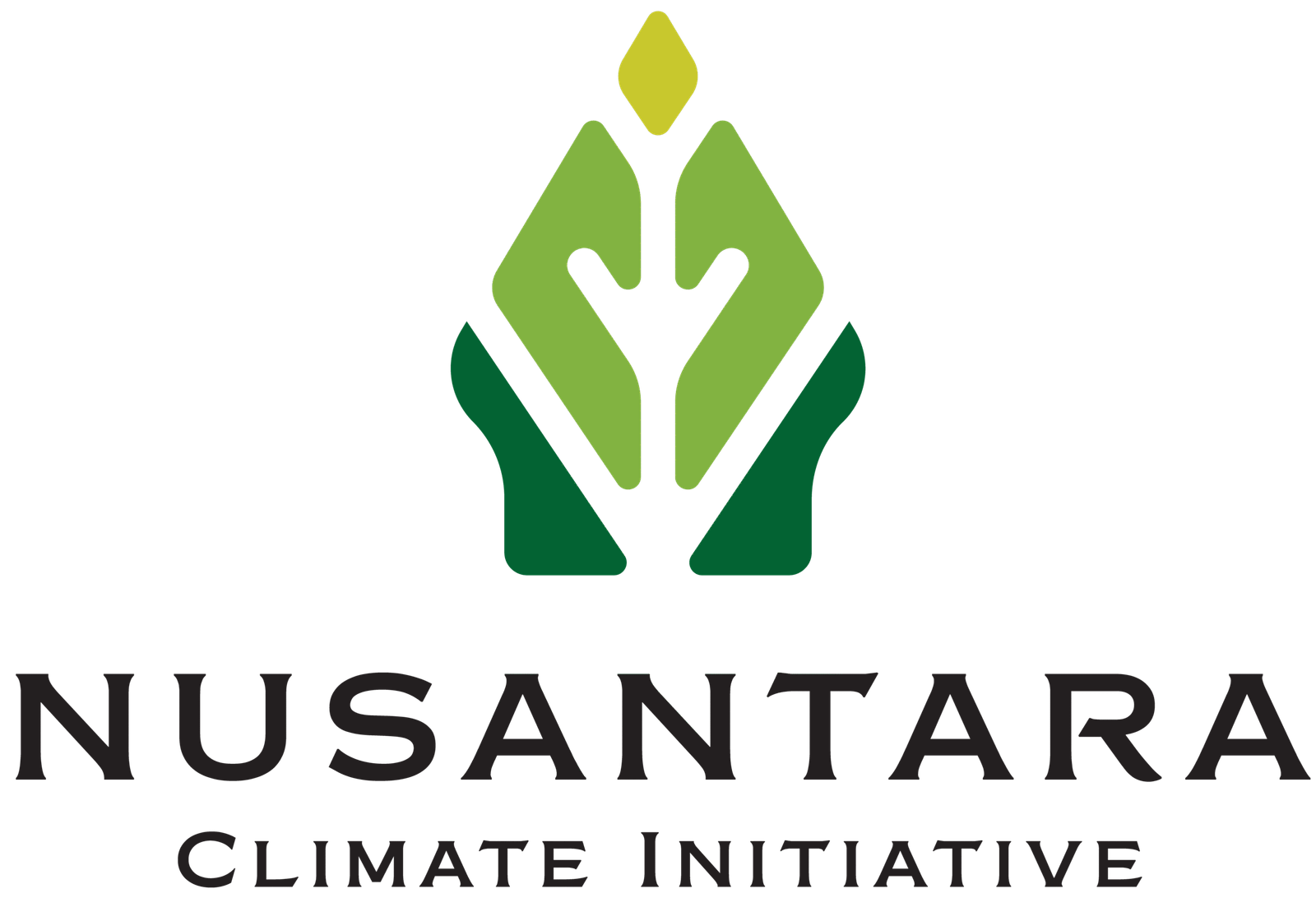
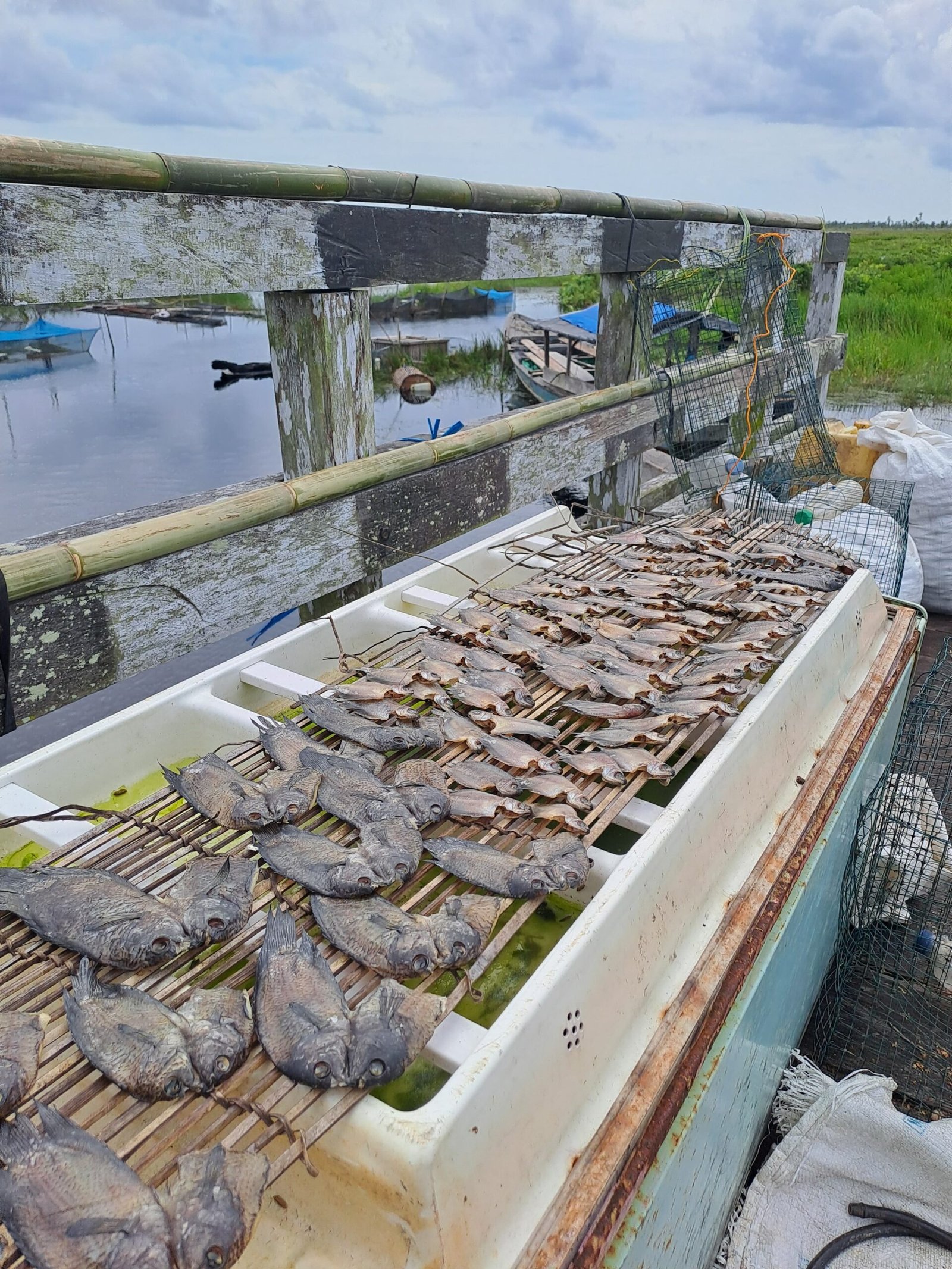
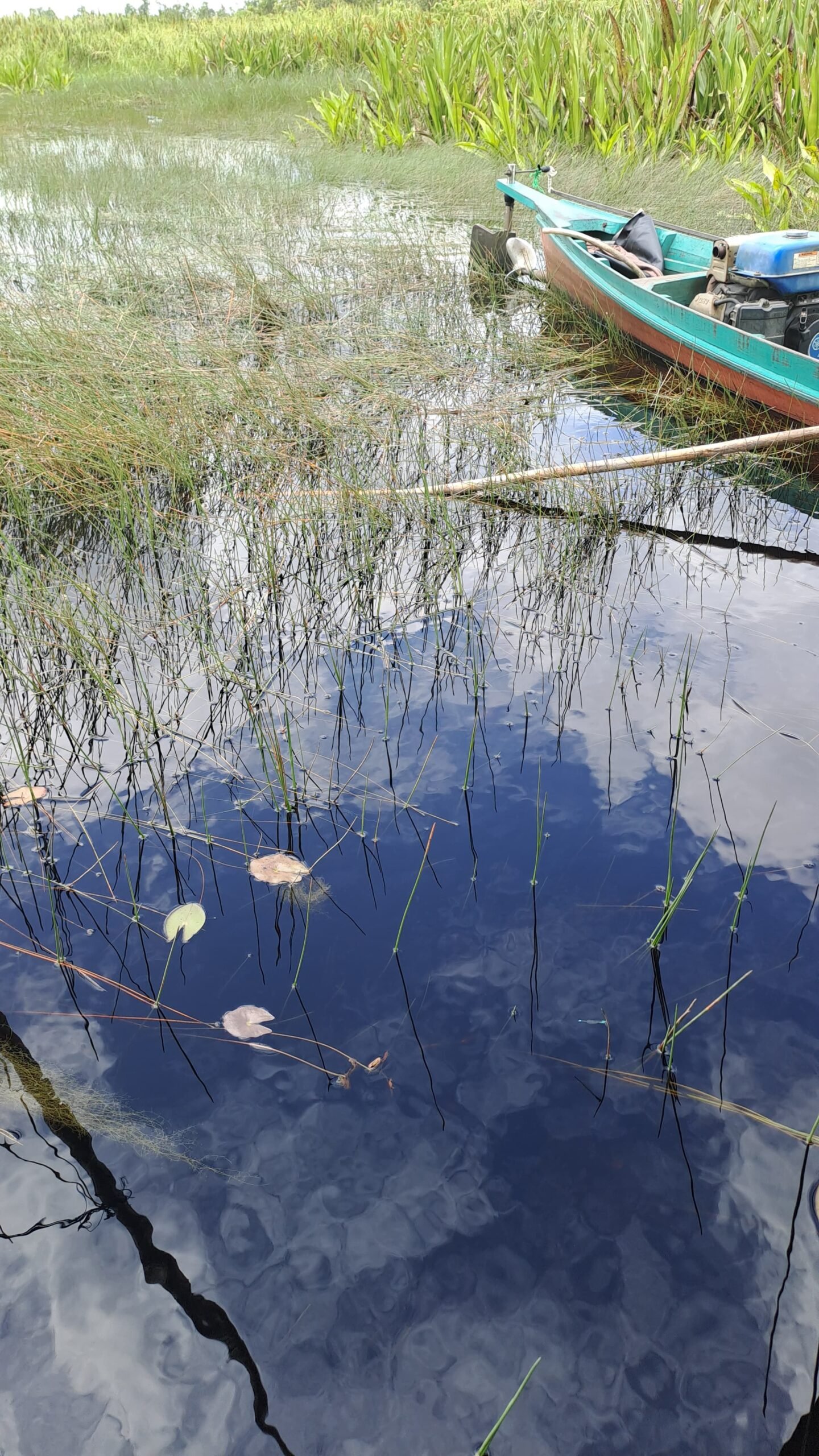
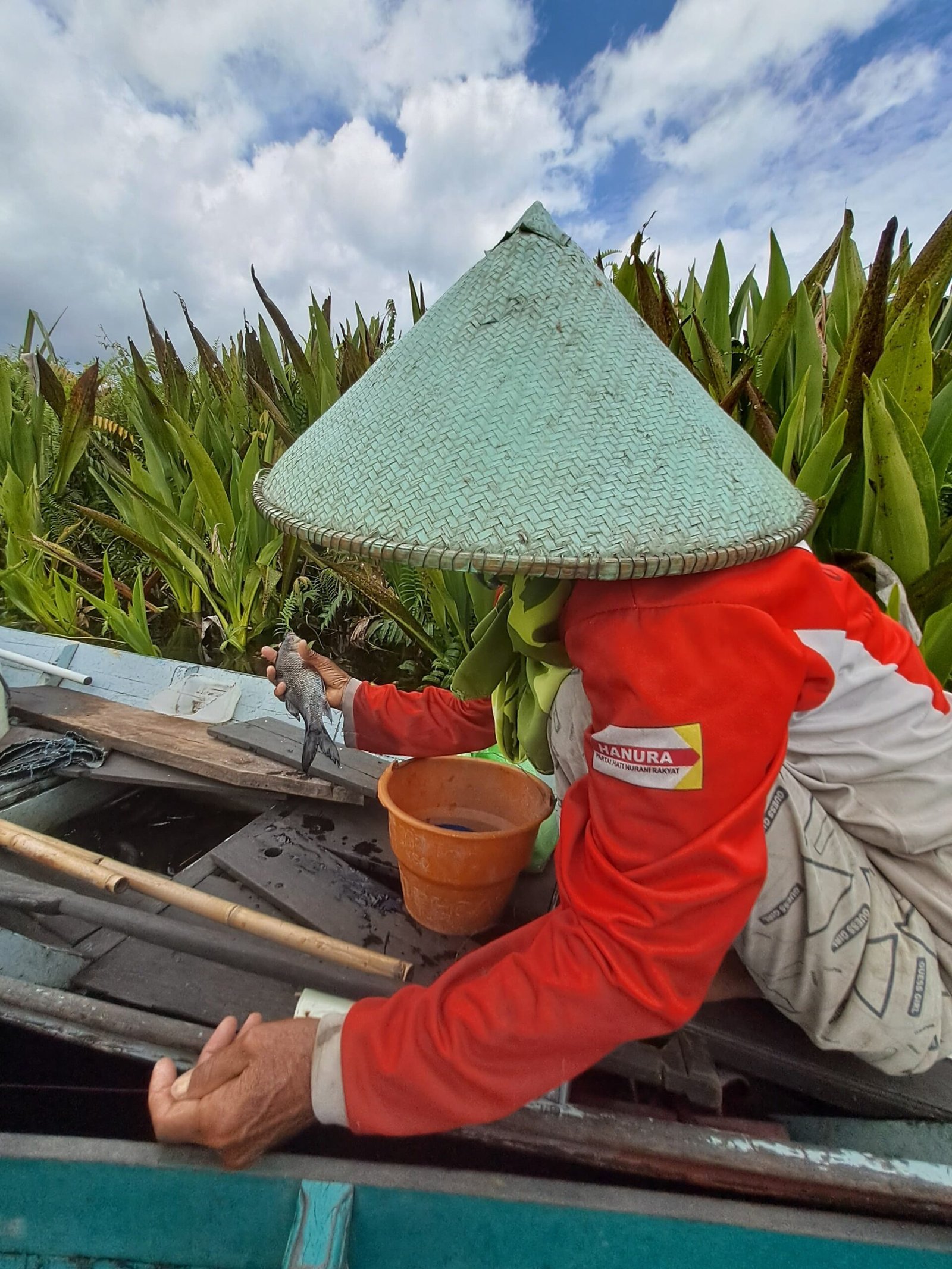
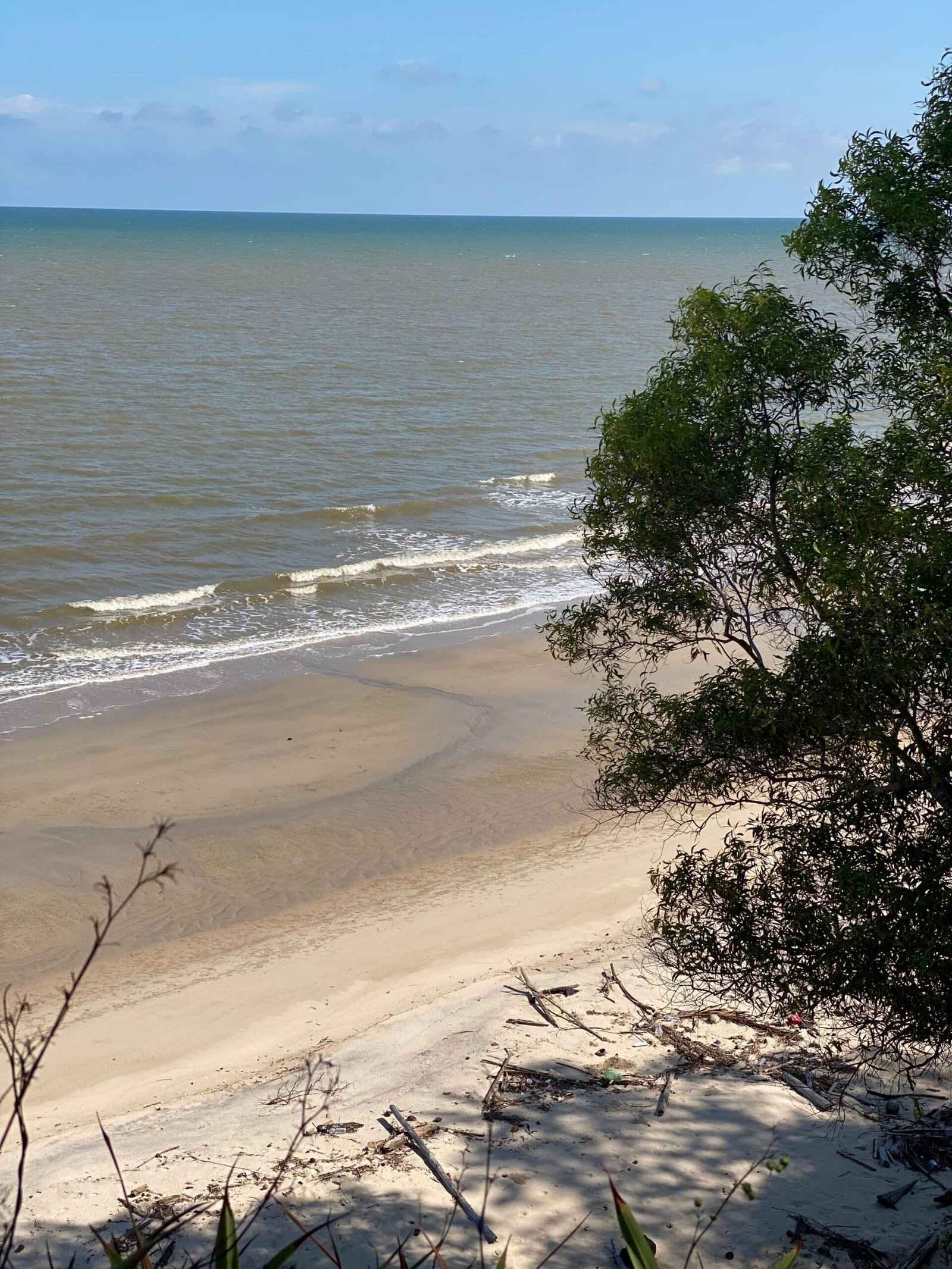
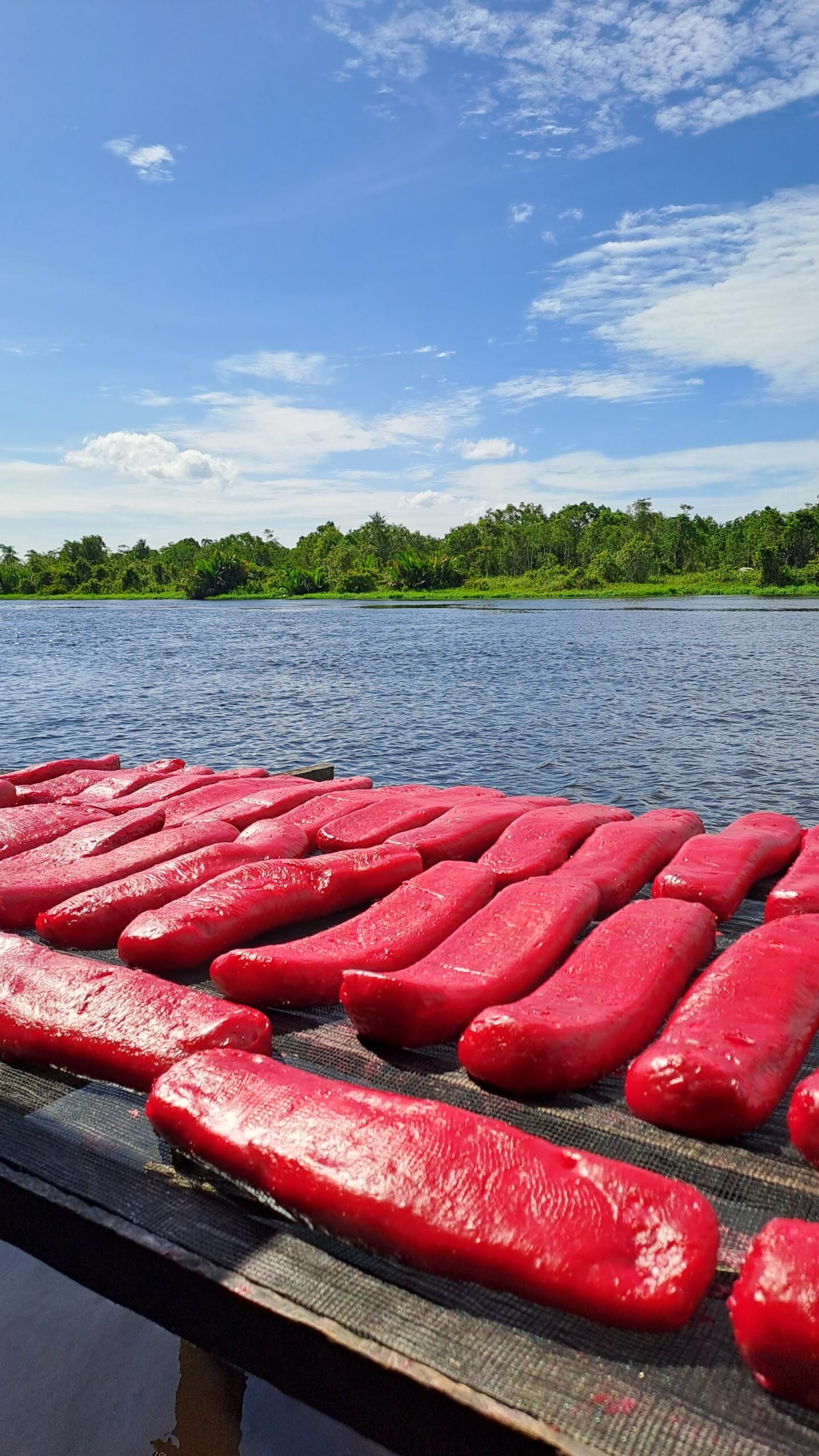
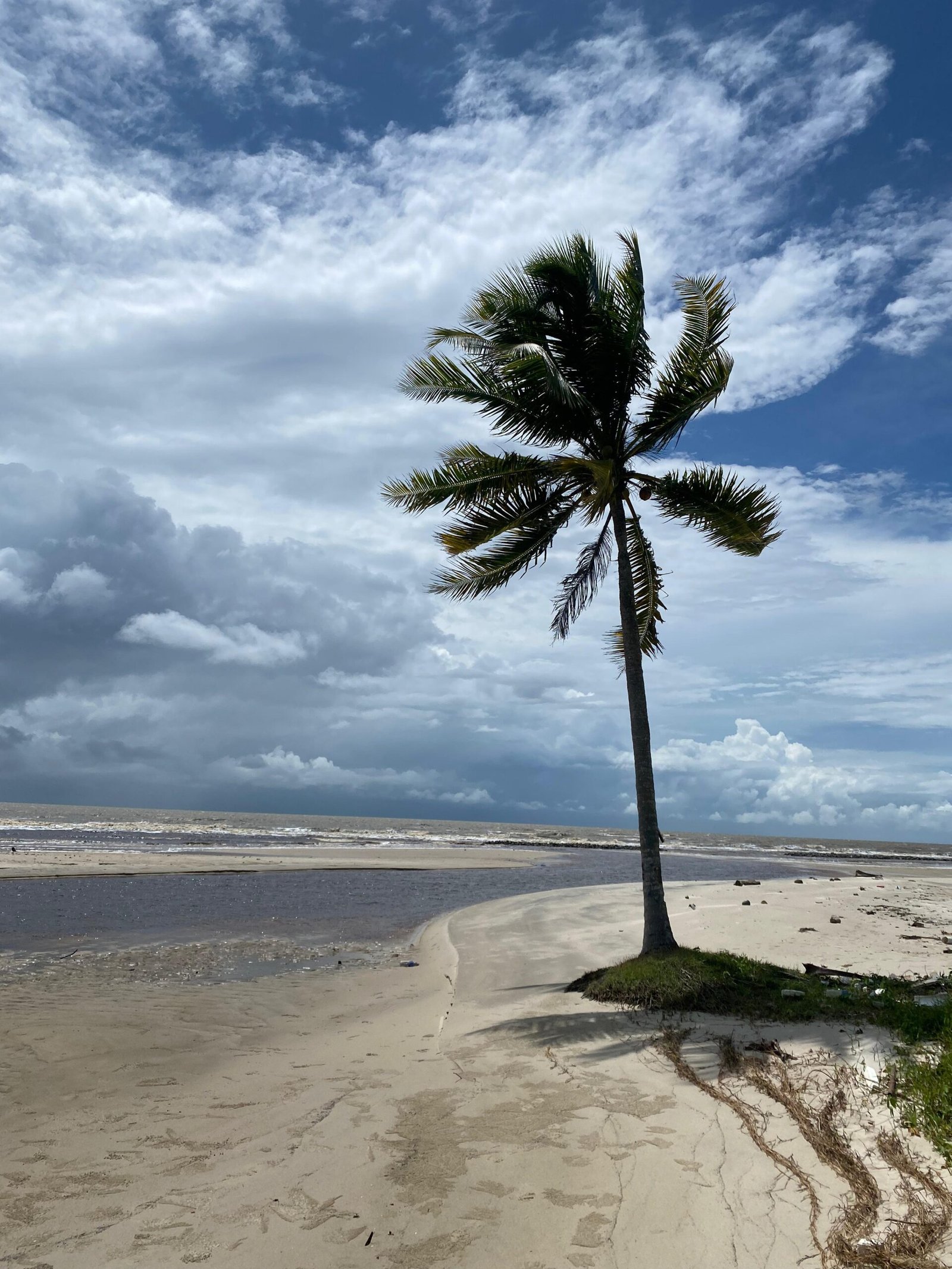
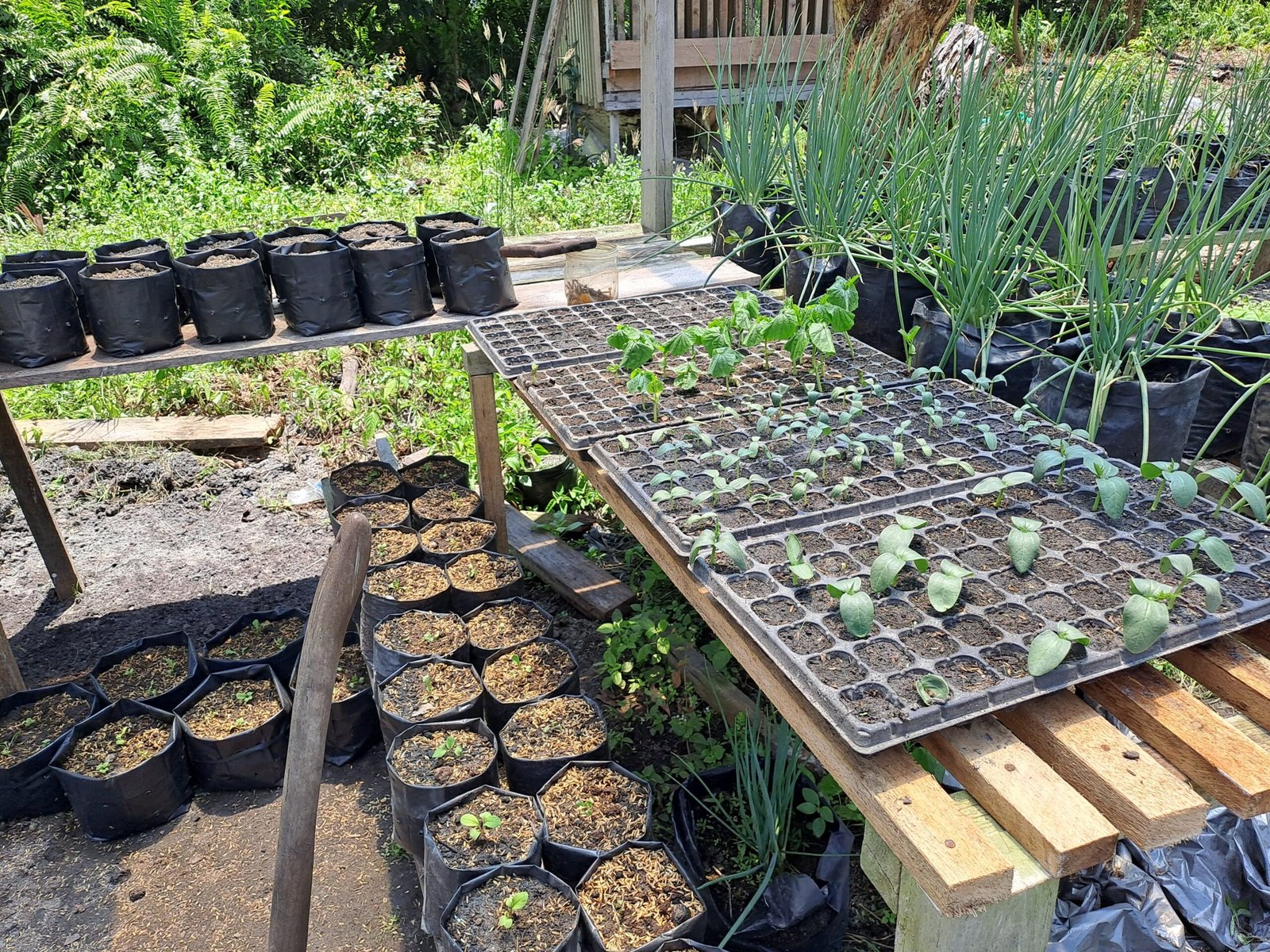
Stay In Touch